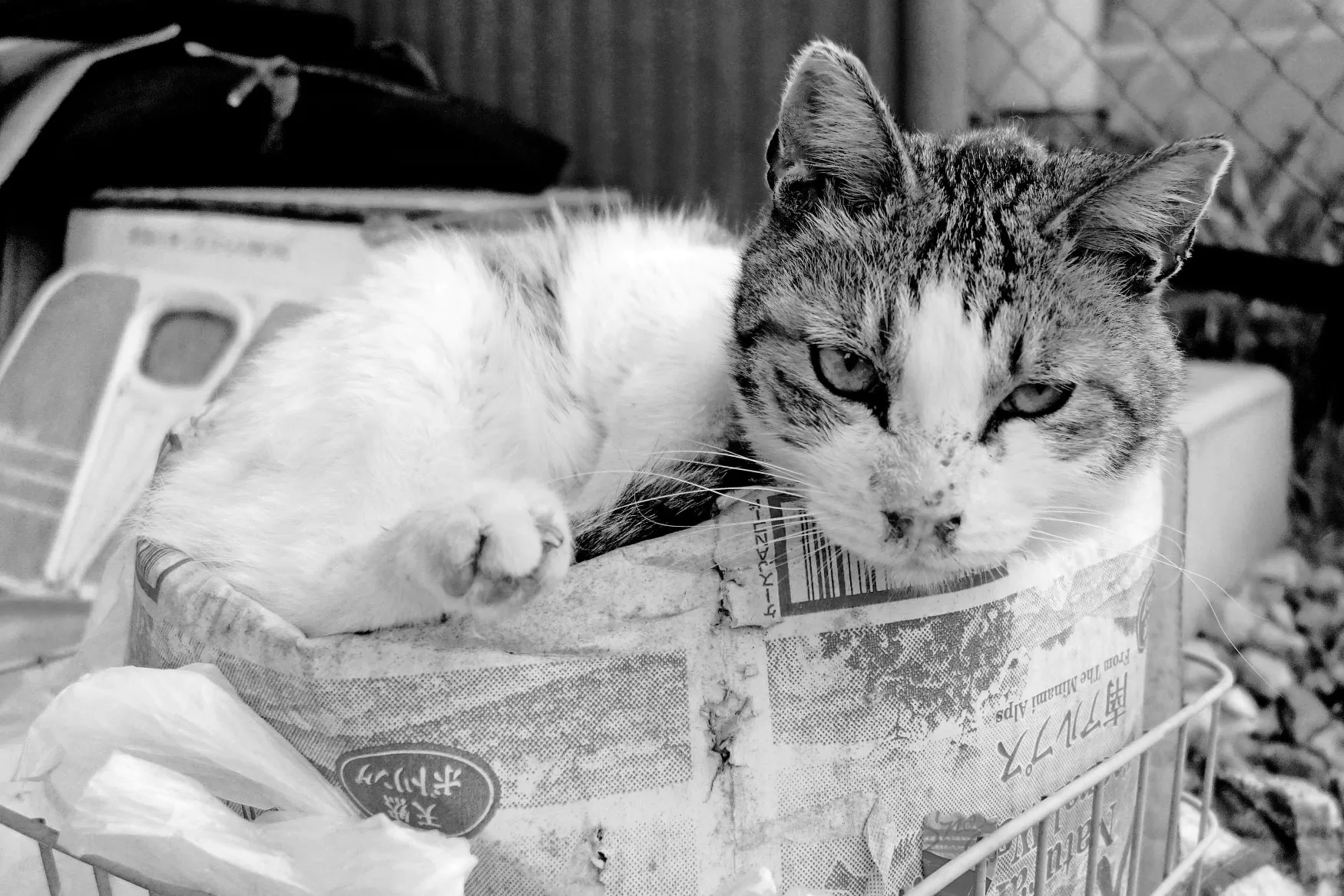The offerings were ready, and I thought that my lion cat must be hungry. It was a blistering summer day. Inside our family home, everyone was bustling around the stuffy parlor, which was filled with the fragrance of cooked meat and fried garlic. In front of the mahogany shrine box, tangerines were piled up on a small plate. A red grouper had been placed on a larger plate, its head scarlet and tail crooked. Following Grandma’s direction, Cousin Mei placed...

